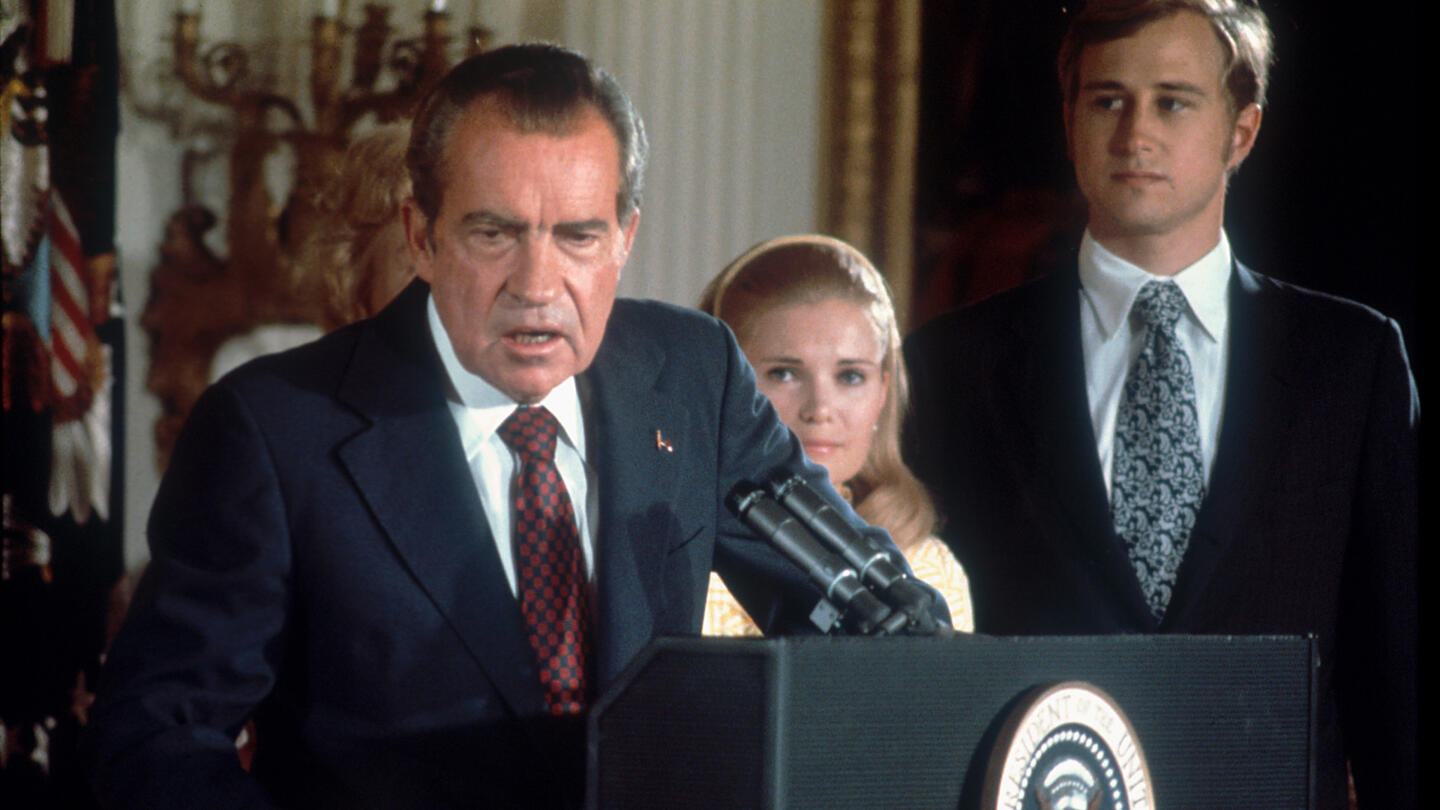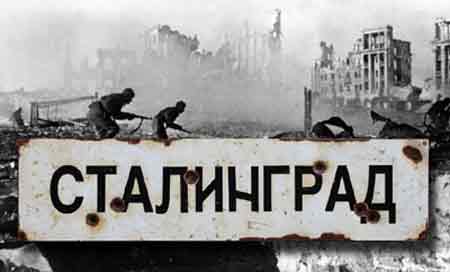
House begins impeachment of Nixon
On July 27, 1974, the House Judiciary Committee recommends that America’s 37th president, Richard M. Nixon, be impeached and removed from office. The impeachment proceedings resulted from a series of political scandals involving the Nixon administration that came to be collectively known as Watergate.
The Watergate scandal first came to light following a break-in on June 17, 1972, at the Democratic Party’s national headquarters in the Watergate apartment-hotel complex in Washington, D.C. A group of men linked to the White House were later arrested and charged with the crime. Nixon denied any involvement with the break-in, but several of his staff members were eventually implicated in an illegal cover-up and forced to resign. Subsequent government investigations revealed “dirty tricks” political campaigning by the Committee to Re-Elect the President, along with a White House “enemies list.” In July 1973, one of Nixon’s former staff members revealed the existence of secretly taped conversations between the president and his aides. Nixon initially refused to release the tapes, on grounds of executive privilege and national security, but a judge later ordered the president to turn them over. The White House provided some but not all of the tapes, including one from which a portion of the conversation appeared to have been erased.
In May 1974, the House Judiciary Committee began formal impeachment hearings against Nixon. On July 27 of that year, the first article of impeachment against the president was passed. Two more articles, for abuse of power and contempt of Congress, were approved on July 29 and 30.On August 5,Nixon complied with a U.S. Supreme Court ruling requiring that he provide transcripts of the missing tapes, and the new evidence clearly implicated him in a cover up of the Watergate break-in. On August 8, Nixon announced his resignation, becoming the first president in U.S. history to voluntarily leave office. After departing the White House on August 9, Nixon was succeeded by Vice President Gerald Ford, who, in a controversial move, pardoned Nixon on September 8, 1974, making it impossible for the former president to be prosecuted for any crimes he might have committed while in office.
Only three presidents in U.S. history have been impeached: Andrew Johnson in 1868, Bill Clinton in 1998 and Donald Trump in 2019.

INVENTIONS & SCIENCE
1949
First commercial jet makes test flight
On July 27, 1949, the world’s first jet-propelled airliner, the British De Havilland Comet, makes its maiden test-flight in England. The jet engine would ultimately revolutionize the airline industry, shrinking air travel time in half by enabling planes to climb faster and fly.

FRANCE
1794
Robespierre overthrown in France
Maximilien Robespierre, the architect of the French Revolution’s Reign of Terror, is overthrown and arrested by the National Convention. As the leading member of the Committee of Public Safety from 1793, Robespierre encouraged the execution, mostly by guillotine.

INVENTIONS & SCIENCE
1921
Scientists successfully isolate insulin
At the University of Toronto, Canadian scientists Frederick Banting and Charles Best successfully isolate insulin—a hormone they believe could prevent diabetes—for the first time. Within a year, the first human sufferers of diabetes were receiving insulin treatments.

CRIME
1996
Bombing at Centennial Olympic Park
In Atlanta, Georgia, the XXVI Summer Olympiad is disrupted by the explosion of a nail-laden pipe bomb in Centennial Olympic Park. The bombing, which occurred during a free concert, killed a mother who had brought her daughter to hear the rock music and injured more than 100.

CRIME
1981
Six-year-old Adam Walsh is abducted
Adam John Walsh, age 6, is abducted from a mall in Hollywood, Florida, and later found murdered. In the aftermath of the crime, Adam’s father, John Walsh, became a leading victims’ rights activist and host of the long-running television show America’s Most Wanted.

COLD WAR
1953
Armistice ends Korean War hostilities
After three years of a bloody and frustrating war, the United States, the People’s Republic of China, North Korea, and South Korea agree to an armistice, bringing the fighting of the Korean War to an end. The armistice ended America’s first experiment with the Cold War.

WORLD WAR II
1943
Stalin issues Order No. 227—outlawing cowards
On July 27, 1943, Joseph Stalin, premier and dictator of the Soviet Union, issues Order No. 227, what came to be known as the “Not one step backward” order, in light of German advances into Russian territory.
Comments
Post a Comment